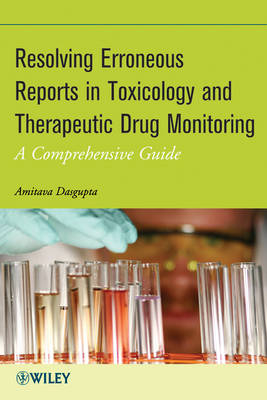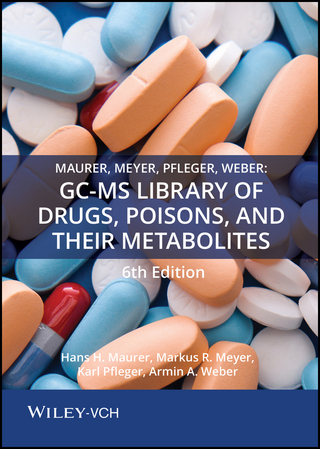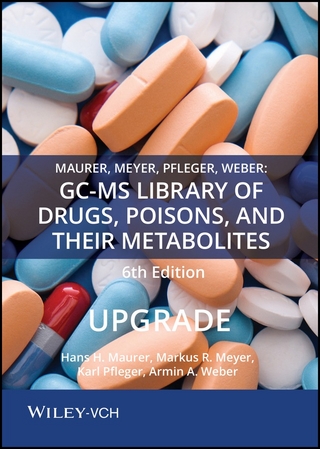
Resolving Erroneous Reports in Toxicology and Therapeutic Drug Monitoring – A Comprehensive Guide
John Wiley & Sons Inc (Hersteller)
978-1-118-34786-7 (ISBN)
- Keine Verlagsinformationen verfügbar
- Artikel merken
AMITAVA DASGUPTA is a Professor in the Department of Pathology and Laboratory Medicine at the University of Texas Medical School at Houston and the director of clinical chemistry, toxicology, and point of care testing at the Memorial Hermann Hospital. He is the author of Herbal Supplements and Pharmacogenomics in Clinical Therapeutics, both published by Wiley.
Chapter 1. An introduction to tests performed in toxicology laboratories and methodologies available for such testings Chapter 2. Challenges in drugs of abuse testing Chapter 3. False positive results in immunoassays for drugs abuse testing Chapter 4. True positive drugs of abuse test results due to prescription and non-prescription drugs Chapter 5. When toxicology report is negative in a suspected overdosed patient: The world of designer drugs Chapter 6. Abuse of magic mushroom, peyote cactus and solvent: No readily available laboratory tests Chapter 7. False positive alcohol tests using breath analyzers and automated Analyzers Chapter 8. Role of laboratory in detecting other poisoning including pesticides, ethylene glycol and methanol Chapter 9. Poisonin with warfarin and superwarfarin: what laboratory can do? Chapter 10. Plant poisoning and clinical laboratory Chapter 11. Sources of erroneous results in therapeutic drug monitoring due to pre-analytical errors, high bilirubin, hemolysis and heterophilic antibody Chapter 12. Interferences in immunoassays used for digoxin monitoring Chapter 13. Interferences in immunoassays used for monitoring anticonvulsants and usefulness of monitoring free anticonvulsants in certain patients Chapter 14. Interferences in immunoassays used for monitoring tricyclic antidepressant Chapter 15. Therapeutic drug monitoring of immunosuppressant drugs: Limitations of immunoassays and need for chromatographic methods Chapter 16. Effect of drug-herb interactions on therapeutic drug monitoring Chapter 17. Pharmacogenomics and Toxicology Laboratory Chapter 18. Approaches for Eliminating Interference/Discordant Specimen in Therapeutic Drug Monitoring and Drugs of Abuse Testing
| Verlagsort | New York |
|---|---|
| Sprache | englisch |
| Maße | 189 x 246 mm |
| Gewicht | 1951 g |
| Themenwelt | Studium ► 2. Studienabschnitt (Klinik) ► Pharmakologie / Toxikologie |
| Naturwissenschaften ► Biologie ► Biochemie | |
| Naturwissenschaften ► Chemie | |
| ISBN-10 | 1-118-34786-2 / 1118347862 |
| ISBN-13 | 978-1-118-34786-7 / 9781118347867 |
| Zustand | Neuware |
| Haben Sie eine Frage zum Produkt? |
aus dem Bereich

